The content of the article
Cats are one of the cleanest animals. Of course, they always monitor their fur and lick every available corner of their fur coats. Usually, no part of her body is left without attention. They are so flexible that there is no place that they can not put in order. They are ready to wash their face again and again. Sometimes the ears or neck are scratched, but this rarely happens, as the licked fur is clean and does not cause discomfort to the animal. But there are cases when cats itch all the time, and lick the zones that disturb them on the body.
Normal behavior of a healthy cat
After sleep, the cat loves to stretch and be sure to wash its face, paws and ears. Sometimes flank and tummy. After going to the toilet, she takes care of the tail area.Since it monitors its hygiene. Sometimes a cat scratches like any living thing. But, if the cat pays too much attention to the eyes or the tail zone, constantly licks them, or cannot comb it in any way - you should seriously pay attention to this and go to the veterinary clinic. Timely treatment to the doctor is a guarantee of quick recovery of your beloved pet.
Causes of excessive cat care to yourself
Allergy
If the cat is constantly itching or her eyes are flowing, it may be an allergic manifestation to food, food additives, water. Also, irritants can be detergents that wash the tray or simply used to clean the apartment. Allergies can cause special shampoos, which are used to care for cat hair. Try to wash your pet as rarely as possible, the cat cleans itself all the time.
Sometimes cats react to spring flowering, when pollen is everywhere, flies through the open window and fills the entire room with its microparticles.
The cause of an allergic reaction can be mosquito bites, black flies and gadflies. Like people, some tolerate a normal bite, and someone has a strong redness and swelling.
Fungal disease
Permanent brushing can be triggered by ringworm. This disease is formed on the skin of an animal, affecting the hair follicles on the body. The skin becomes inflamed and itches. Therefore, the cat begins to actively comb the affected places. The disease is contagious to humans.
In addition to depriving, on the skin of a cat may have fungal diseases. They also cause itching.
Presence of ticks
Often in the summer, people take their pets to the countryside. The cat is active and runs everywhere. It can climb a tree, climb a fence or on the roof of a house. Climb up into the bushes or impassable grass. Having run up and playing enough, she can bring with herself ticks. These insects, drunk enough, fall off after a while and it seems that everything is fine - there is no tick, and there are no problems. This is not true. If the tick was infected, it could carry the infection to the cat. The sooner experts remove the tick and check it for a number of infections, the sooner the treatment of the disease will begin, which will be less harmful to the animal.
Some species of ticks use animals as an incubator. Making a hole in the skin of the animal, they lay their eggs there.And afterwards from them the posterity should hatch. All this provokes severe itching in the animal. Sometimes combing is so strong that the cat can bleed.
Pyoderma
This disease causes a severe inflammatory process in the cat's body that activates severe itching in the animal.
Possible streptococcal form of the disease, which develops in the subcutaneous zones of the animal. Infection is contagious, transmitted to humans. Do not delay the treatment of a pet, especially if there are children in the house.
Otitis
One of the most common diseases in cats. With pains in the ears, the cat not only constantly scratches and licks the ears, it becomes lethargic, eats badly and sleeps. Maybe even cry. The pain in the ears gives the animal a special discomfort. When inflammation may increase the temperature. Lack of treatment can be fatal.
Hormonal disbalance
Yes, cats, like people, have hormonal disruptions. They can also provoke skin irritation on the body. In this case, the wool becomes non-uniform, falls out, the skin dries. Sometimes even bald islets are formed. Excessive flaking of the skin appears.
Lack of vitamins or vice versa glut
Lack or glut of vitamins A and E leads to disruption of the entire cat system. The skin in this case begins to dry and become covered with scales. The animal begins to constantly comb the skin and lick restless areas.
Fleas
Small insects, which sometimes can not be seen with the naked eye, but their residence brings strong discomfort to the pet. A cat can get such residents on the street from its feline friends or from a dog passing by. Sometimes you can bring such a friend just from the street to the apartment. In order to prevent pet disease, do not forget to wear a cat flea collar or use a special liquid tool that is applied to withers. It will prevent the sharing of unwanted guests.
How to help the animal?
If the pet has become overly attentive to itself, it is necessary to immediately examine it for the presence of fleas, ticks, peeling on the skin. There may be discharge from the eyes, poor stools, purulent ears. After the survey, put your pet in the carrier and go to the veterinary clinic.On the way, remember what has changed in behavior, how long it lasts, what you found during the examination. May have changed the food of the cat. New products or new brands of canned food may also affect the condition of the pet. Perhaps the cat drinks other water or does not drink it at all. The use of new detergents in the apartment can also trigger behavioral changes. The presence of new smells and fragrances can also aggravate the pet's poor health. Remember everything that has changed lately. The listing of complete information will enable the specialist to correctly assess the situation and make a diagnosis.
Disease diagnosis and treatment
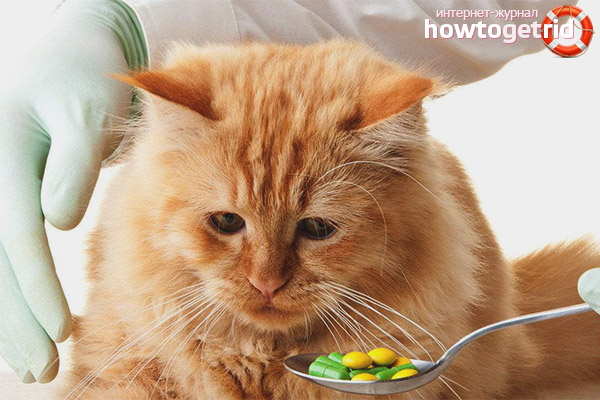
In the veterinary clinic will fully inspect your pet. See all skin areas for fleas, ticks, and lichen. Check the eyes, ears and the area next to the tail. If at this stage the specialist cannot make a diagnosis, he will offer to do a blood and urine test. If necessary, you can take additional tests for flora and scraping from the skin in the peeling area.
After all the manipulations, the veterinarian will prescribe treatment. Most likely, the cat can be treated at home, using ointments, drops, tablets, powders. Some injections can also be done at home, if there is such an opportunity.But there are cases when the cat must be brought to the clinic for injections or the installation of droppers. Thus, the specialist will additionally monitor the course of therapy.
Be sure to follow the instructions of the doctor. Do not skip the prescribed drugs. Proper treatment - the key to a quick recovery of the pet.
Disease prevention measures
If the cat is taken to the cottage, then in advance of the summer season, it is necessary to carry out a series of manipulations.
- Wear a collar or apply liquid medicine on cat hair for fleas and ticks.
- Once a week it is necessary to brush the fur of the animal with a special brush, checking the areas of the body for the presence of insects. This procedure will love the cat.
- It is necessary to feed the cat with food purchased at a trusted store. You can not buy an unknown food, especially in the placer on the market or in some basements, where food storage conditions leave much to be desired.
- Every year, and sometimes every six months, visit a veterinary clinic for a general examination. Then there will be constant health monitoring.
In all unusual cases, you should consult a specialist.You do not need to self-medicate and leave everything for later, otherwise the result may be bad. Do not allow this. Do not forget, a healthy pet will always delight all family members and live a long and happy life. Take care of pets and their loved ones.
Video: what to do if your cat itches?

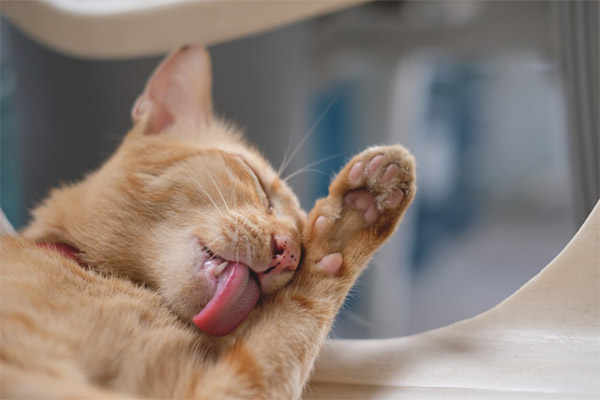

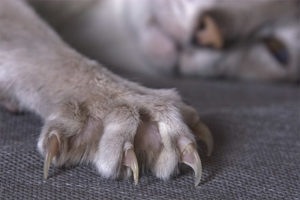
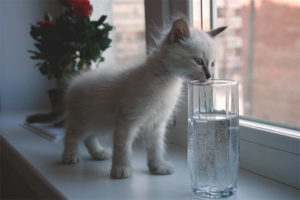
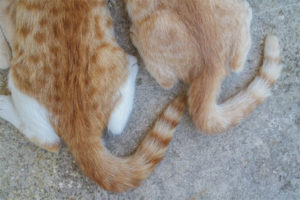
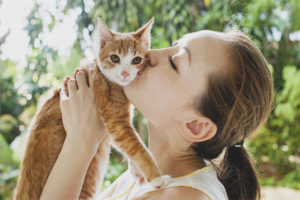
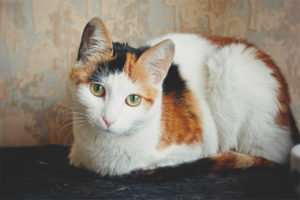
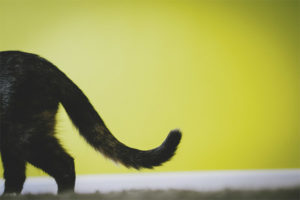

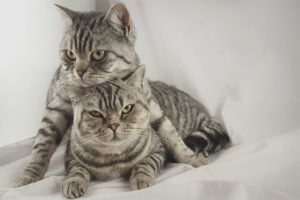
To send